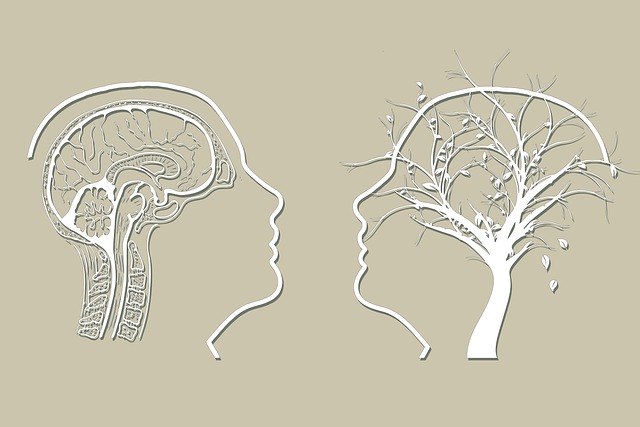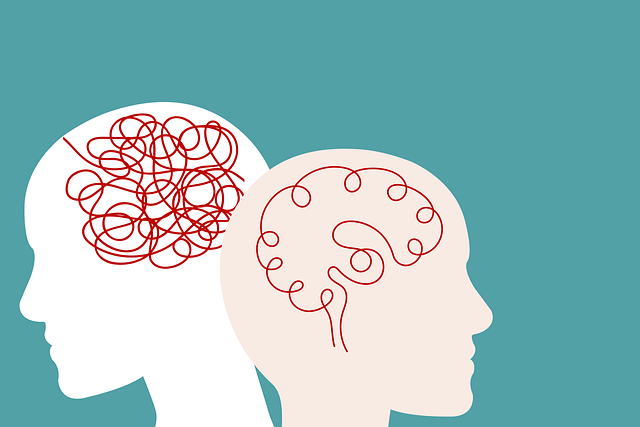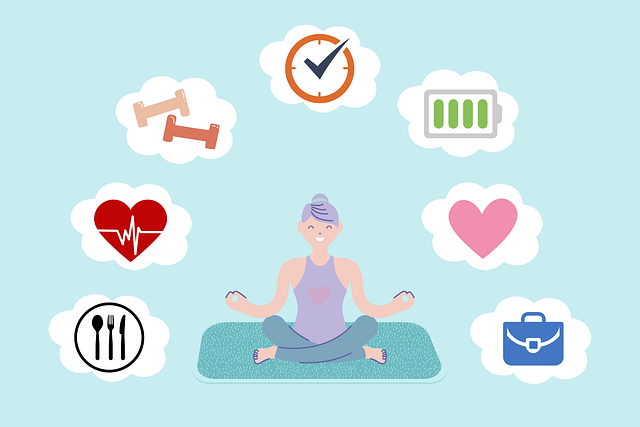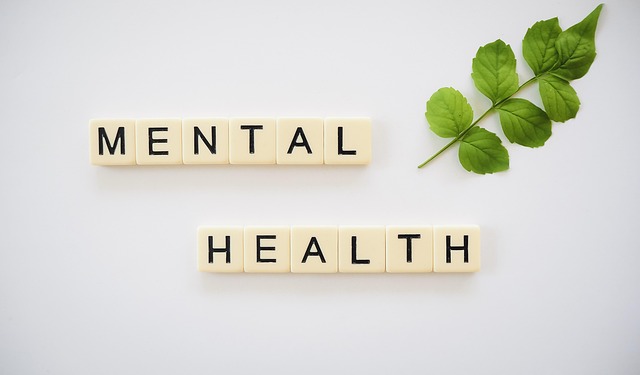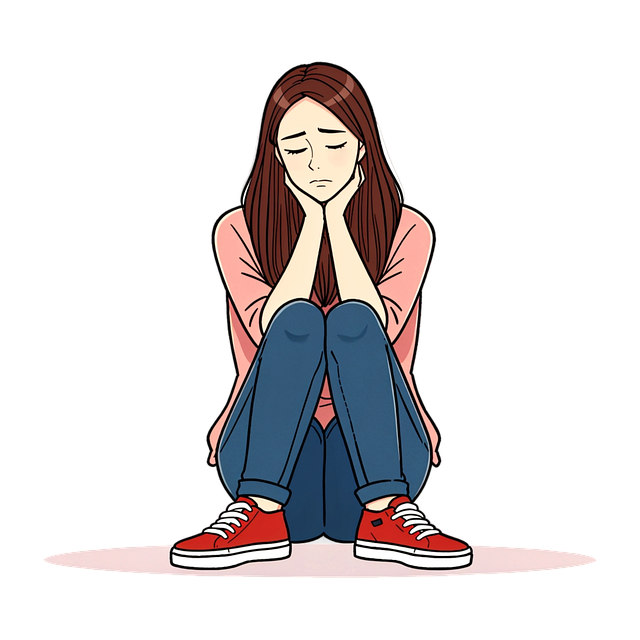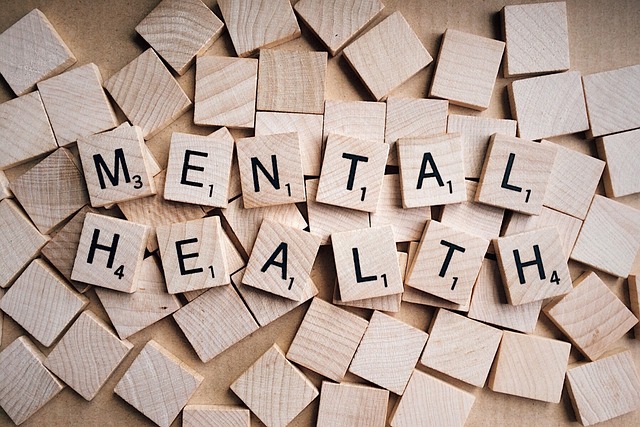Self-care is a vital practice for enhancing mental wellness, particularly for those managing conditions like Boulder Adjustment Disorder (BAD). It involves dedicating time to recharge and rejuvenate, reducing stress and anxiety. Educational resources, such as podcasts featuring evidence-based practices, empower individuals to understand and implement self-care effectively. Incorporating Boulder Adjustment Disorder Therapy (BADT) into routines offers a culturally sensitive, holistic approach to well-being, fostering resilience and positive coping mechanisms for BAD symptoms.
Self-care is an essential aspect of maintaining good mental health, yet many individuals struggle with incorporating effective practices into their daily routines. This article explores strategies to enhance self-care, focusing on the profound impact it has on overall well-being. We delve into common barriers that hinder self-care and offer a holistic approach using Boulder Adjustment Disorder Therapy as a game-changer. By understanding these techniques, readers can navigate their mental health journey with improved tools for self-nurturing.
- Understanding Self-Care and Its Impact on Mental Health
- Identifying Barriers to Effective Self-Care Practices
- Incorporating Boulder Adjustment Disorder Therapy for Holistic Well-being
Understanding Self-Care and Its Impact on Mental Health

Self-care is a holistic practice that involves attending to one’s physical, mental, and emotional needs. It is about making time for activities that nurture and recharge us, allowing us to show up as our best selves in all areas of life. Beyond simple relaxation techniques, self-care plays a pivotal role in mental health management, offering a powerful tool for navigating stress, anxiety, and even disorders like Boulder Adjustment Disorder (BAD). By prioritizing self-care, individuals can improve their emotional well-being promotion techniques, enhancing their resilience and overall mental wellness.
The impact of self-care on mental health cannot be overstated. It serves as a buffer against the negative effects of stress and trauma, helping to prevent and manage conditions like BAD. Mental wellness coaching programs development often emphasizes self-care practices as foundational elements in fostering healthy coping mechanisms. Through risk assessment for mental health professionals, it becomes evident that incorporating self-care into therapy and coaching not only benefits the service providers but also significantly enhances their ability to support clients in achieving lasting improvements in their mental health.
Identifying Barriers to Effective Self-Care Practices

Many individuals struggle to incorporate effective self-care practices into their daily routines due to various barriers. These can range from demanding work schedules, caregiving responsibilities, or financial constraints that leave little time or resources for personal well-being. For those dealing with mental health challenges like Boulder Adjustment Disorder, these obstacles can be even more daunting.
One significant barrier is the lack of understanding and awareness about self-care. Many people are unaware of specific techniques or activities that promote resilience building and mental wellness. This is where educational resources, such as a well-produced mental wellness podcast series, can play a crucial role. By sharing evidence-based practices and mindfulness principles like those explored in Mind Over Matter, these platforms empower individuals to take charge of their mental health and make necessary adjustments to enhance their overall well-being.
Incorporating Boulder Adjustment Disorder Therapy for Holistic Well-being

Incorporating Boulder Adjustment Disorder Therapy (BADT) into self-care routines offers a holistic approach to well-being. This therapy technique focuses on helping individuals navigate life’s challenges by fostering resilience and adaptive coping mechanisms. BADT is particularly effective in addressing the cultural nuances that often impact mental health, providing culturally sensitive guidance tailored to each client’s unique background. By integrating this practice, individuals can enhance their ability to manage stress, anxiety, and other common mental health issues.
The benefits extend beyond crisis intervention; BADT encourages positive thinking and emotional regulation skills. This empowerment allows people to adapt to life changes, strengthen relationships, and cultivate a sense of balance. With its emphasis on cultural sensitivity in mental healthcare practice, this therapy ensures that everyone, regardless of their background, can receive personalized support, fostering a deeper connection between the individual and their healing journey.
Self-care is not a luxury but a necessity for maintaining mental health. By understanding its impact and identifying barriers, individuals can embark on a journey of holistic well-being. Incorporating techniques like Boulder Adjustment Disorder Therapy offers a transformative approach to managing stress and promoting personal growth. Remember that self-care practices are unique to each person, and finding what works best is key to a happier, healthier life.
